Flexing Your Brain - Education After the Military

An Article on Starting University Education After Leaving the Military
Written by Daniel Hunt
An Introduction
“What the f**k do I do now?”
You may never have said that out loud, but for a lot of people it’s been a question they’ve had to ask themselves at some point. After spending however many years within an institution, it can be hard to imagine the ‘real world’- as some like to call it. So it’s important to be aware of the opportunities and benefits available to you once you step out of whichever discipline, spotless uniform and hierarchy based system you’ve been a part of.
When I decided I was leaving the military, I knew I wanted to study. I’d been pushing my body for five years straight and was missing the mental challenges that only an academic setting could provide. So despite the confused and fearful looks I received from career soldiers who couldn’t imagine a world outside a green uniform, I pursued that. If you’re also someone from a military or emergency service background looking at studying, then the one thing I would want you to take from this is that what may appear to be a drastic and reckless change, is absolutely possible.
What would I even study?
Obviously no one can tell you this as a definite answer.
If you’re unsure, then get proactive about finding what you enjoy or what you can see as a career for yourself. I know that’s easier said than done, so as a start try going to an open day at potential universities - the university website will tell you when they’re on. Personally I went online and used a ‘Match My Skills’ quiz that asked me a series of questions and then suggested degrees that may match my interests and strengths. There’s plenty of ways to find something that fits you, action inspires passion.
How do I get in?
Not everyone finished High School and even those who did may not have gained a grade that qualified them for tertiary education (OP in Queensland, ATAR in NSW etc.). So depending on what state you’re planning on studying in, you may be eligible to have your service qualify you for university entry.
Source: https://www.facebook.com/Australianstudentveterans/photos/a.812302265541001/1278740398897183/?type=1&theater
All Queensland universities currently recognise the above information, and I can personally vouch for it.
With my length of service, I was able to attain an ATAR of 82, which allowed me successful admission into a Bachelor of Engineering (Hons.). Other states are different so you’ll have to do some research into your chosen universities. I would recommend checking out Australian Student Veterans Association(ASVC), they’re passionate about helping out those wishing to pursue tertiary education and have a great knowledge base on where your service can be recognised to your benefit.
Their Facebook: https://www.facebook.com/Australianstudentveterans/
Their website: https://www.asva.org.au
Your chosen degree may also have prerequisites, which you can check on the course information that’s available on the university website. My chosen degree required a prerequisite level of math knowledge that was above what I had achieved in High School, so I needed to complete a math course prior. The key is to be aware of any prerequisites and take steps to preparing yourself as well as possible - trust me when I say that the preparation pays off.
The university you plan on studying at may also run those prerequisite courses, so be sure to check as it can be a good chance to get some time on the campus and a feel for studying again.
I haven’t studied since High School
If you’re coming out of a military or emergency service job than it’s most likely been a while since you’ve formally studied anything. Feeling like you’ve data dumped a lot of information and that your classroom skills are rusty is normal. I would recommend getting back into the swing of it as soon as you can by identifying some weak spots and taking active measures to make them comfortable again. There’s an abundance of free online sources that can help you learn, practise and solidify information.
Prior to the commencement of my prerequisite math course I went onto the course information and made a list of the topics that would be covered in class. I then went onto https://www.khanacademy.org/ (which I highly recommend) and went over those topics to give myself a head start. This isn’t necessary for everything but it’s an example of getting yourself used to classwork again.
Mum won’t make my lunches anymore
Studying when you aren’t fresh out of High School is different and can be challenging. I still look back enviously at the baby faced, 18 year old who still lived with their parents and didn’t need to work while my 12 hour night shift loomed in the very near future.
Finding a life balance is always important, so don’t get locked into the mindset that study has to be full time and consume your life. If taking on two subjects for the semester means that you can pay your bills, maintain your personal life and achieve satisfying results in your studies - then do it. That’s not to say you shouldn’t work hard, if you can do those things on a full time study schedule then that’s excellent. Above all, keep your lifestyle maintainable.
Why am I the only one in class without a laptop?
Deciding to invest in study as your next step is a big decision and if you’re willing to put in the effort and time - a worthwhile one. Do your research on what courses are out there and don’t worry if you end up deciding that tertiary education isn’t for you, there’s a myriad of opportunities out there.
Use the support networks available and take the action to give yourself the best possible likelihood of success. Your experiences from your years of service are valued and your soft skills are invaluable to your future endeavours.
One last thing
Don’t be scared to apply for scholarships!
A friend once told me to apply to as many as I was eligible for, because even though you may feel as if your chances of being chosen are slim, most people feel the same. So not a lot of other students apply for them and your chances are a lot better than you’d think.
Regardless of scholarships - education is very affordable in Australia.
HECS-HELP is available for those studying higher education and your university will have a form for you to complete. This means the Government will cover the costs of your education as you study and then you pay off the costs later with no interest whatsoever, and only after you earn a minimum amount a year. The repayments come out with tax, and only continue while your salary gives you the ability to afford it. Have a look at the details online at: https://www.studyassist.gov.au/help-loans/hecs-help
About Us
Anvil Training and Development is a group of Australian veterans who care about the physical and mental health of veterans and emergency service workers. We’re passionate about ongoing education and working with others to implement positive change.
Instagram: Anvil Training & Development - @anvil.td
Facebook: Anvil Training & Development - @anvil.td
www.anviltd.com
(Article Edited, Proof Read, and Fact-Checked by Charlotte Officer)
VES Mental Health Resources: https://anviltd.com/pages/ves-australian-mental-health-resources
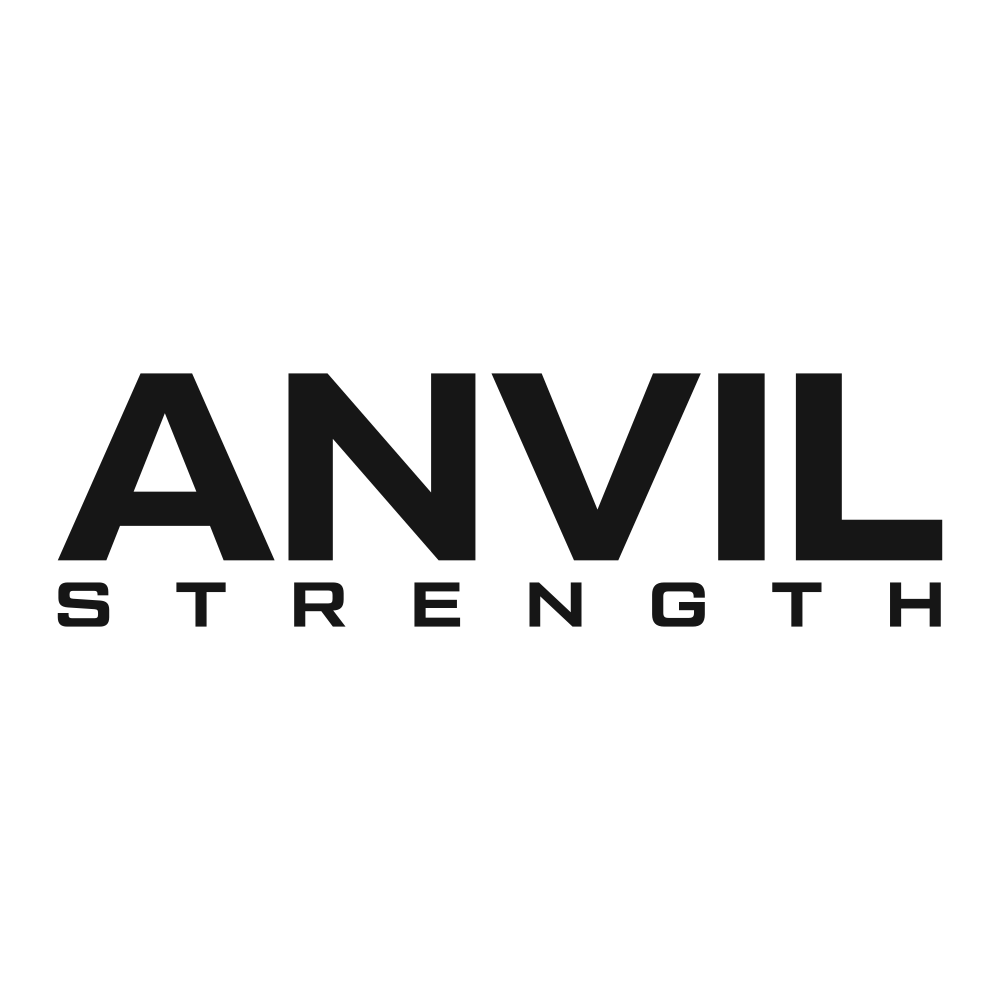
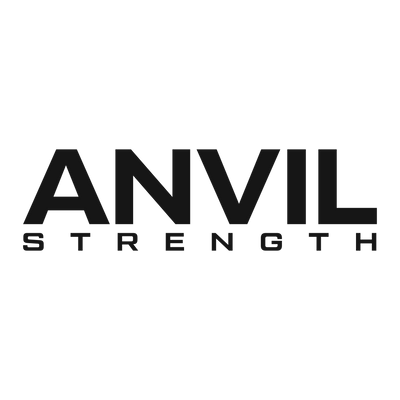




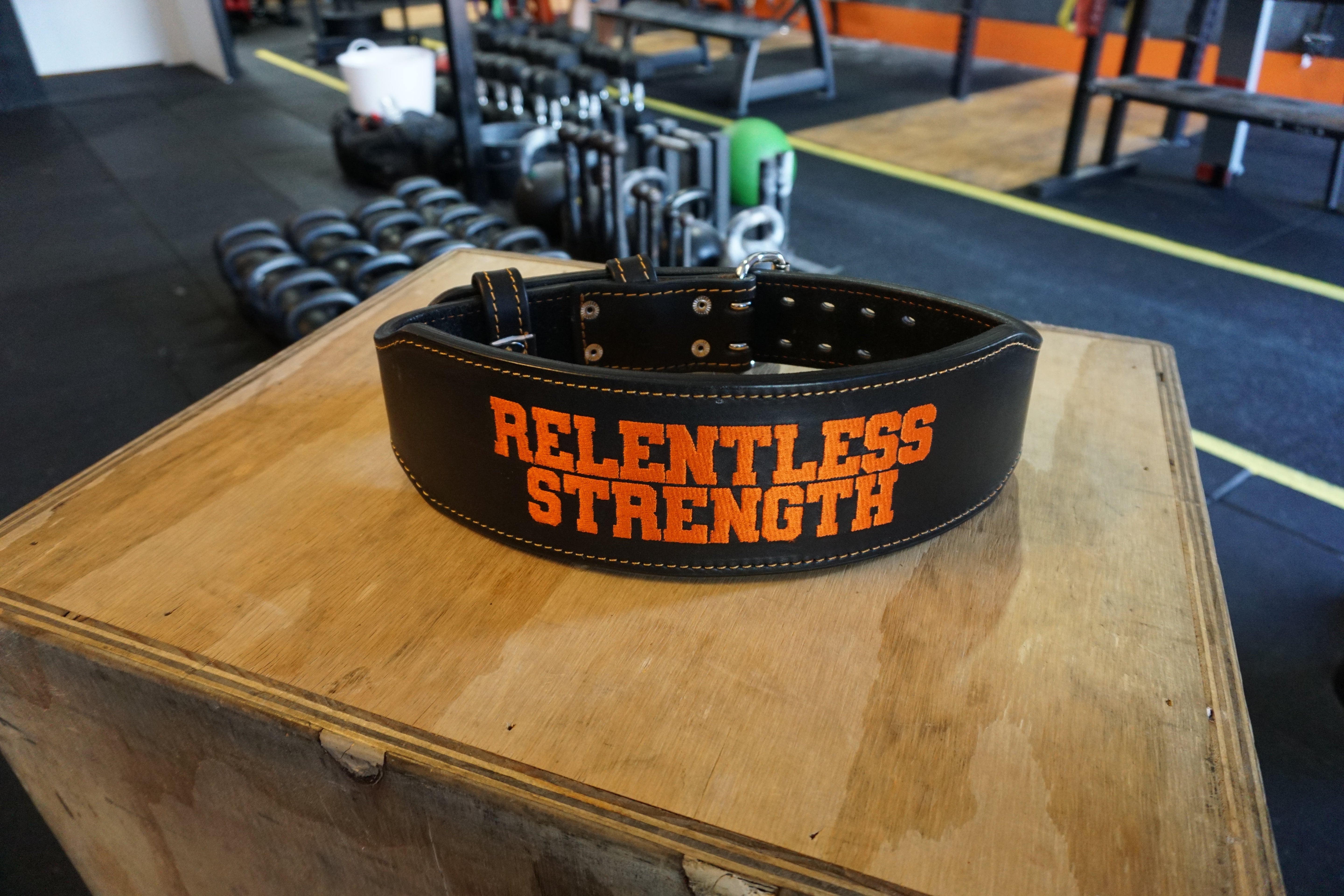
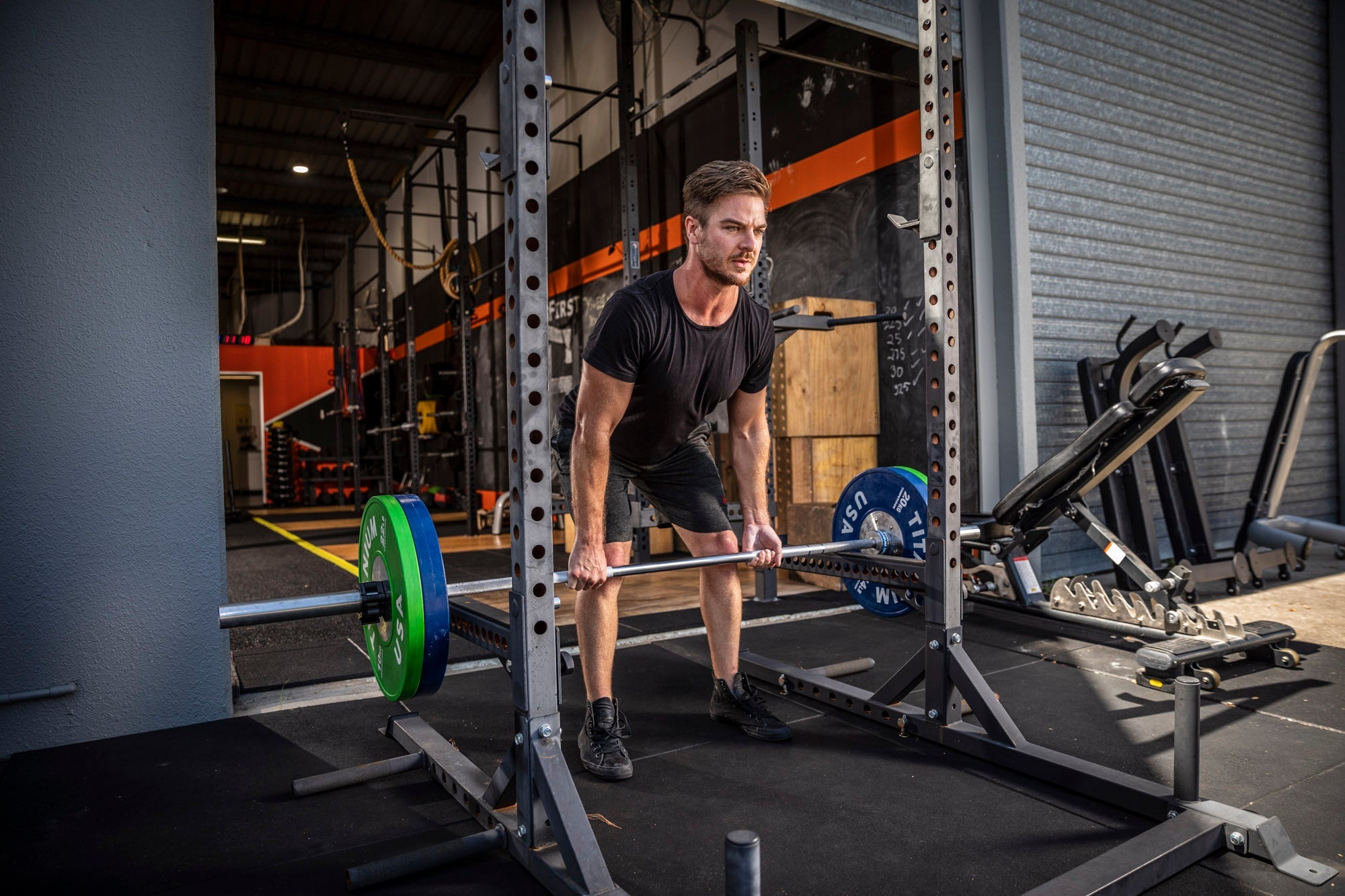
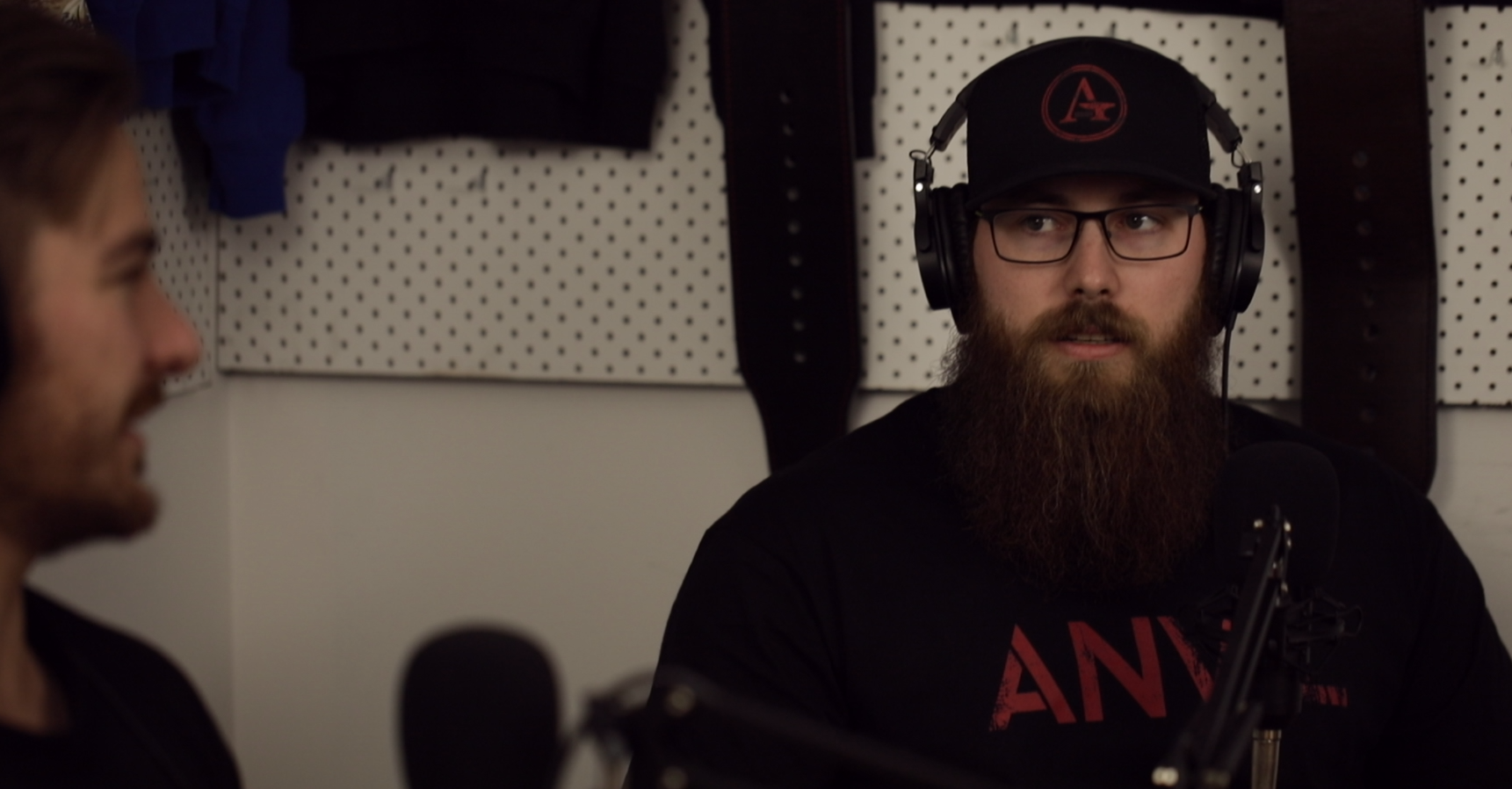
Leave a comment